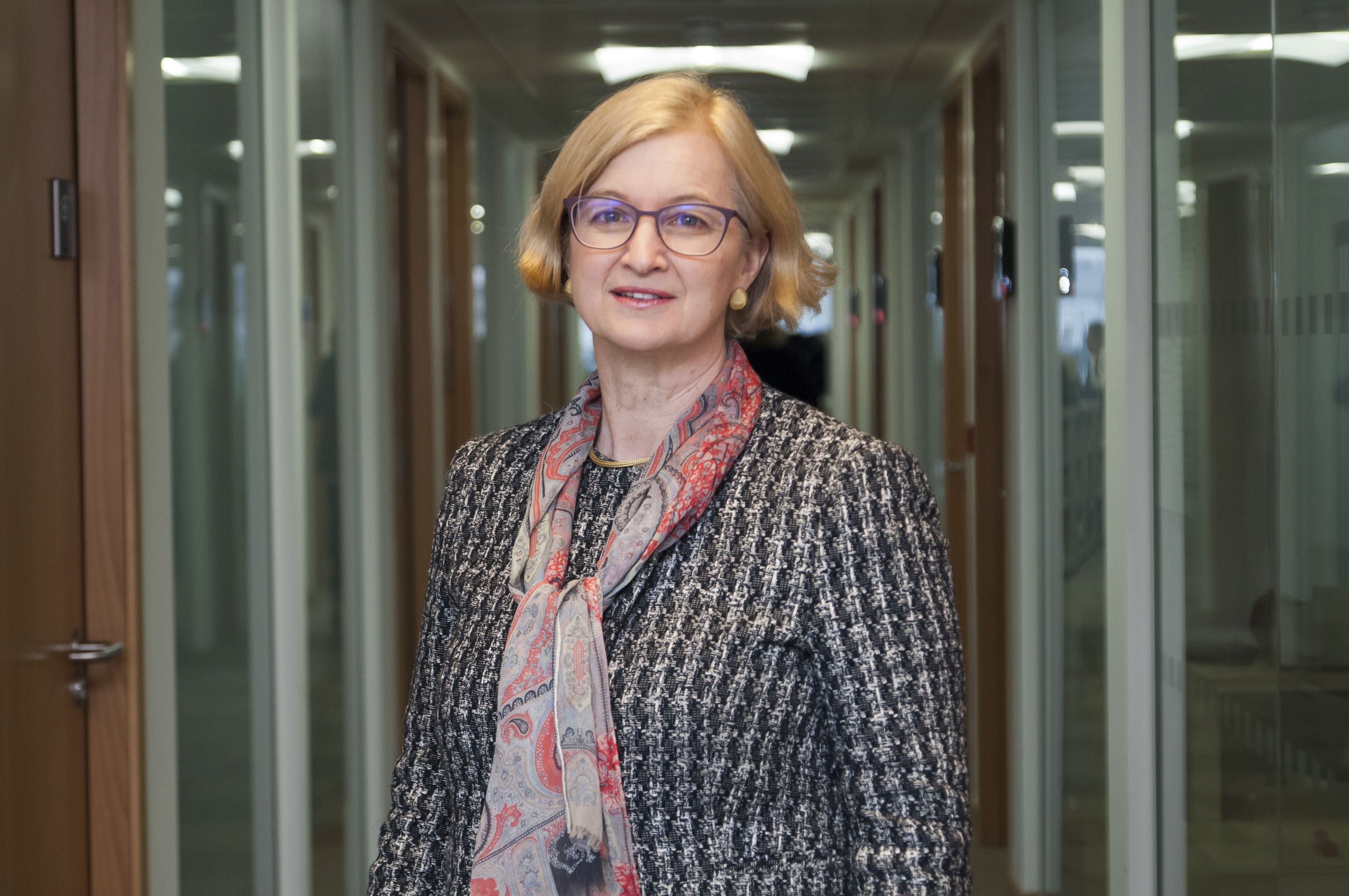Schools tread ‘careful path’ between intolerance and being woke – Ofsted chief
Amanda Spielman also said the pandemic is still ‘looming large’ over the education system, from early years to universities.

Your support helps us to tell the story
From reproductive rights to climate change to Big Tech, The Independent is on the ground when the story is developing. Whether it's investigating the financials of Elon Musk's pro-Trump PAC or producing our latest documentary, 'The A Word', which shines a light on the American women fighting for reproductive rights, we know how important it is to parse out the facts from the messaging.
At such a critical moment in US history, we need reporters on the ground. Your donation allows us to keep sending journalists to speak to both sides of the story.
The Independent is trusted by Americans across the entire political spectrum. And unlike many other quality news outlets, we choose not to lock Americans out of our reporting and analysis with paywalls. We believe quality journalism should be available to everyone, paid for by those who can afford it.
Your support makes all the difference.Schools have to tread a “careful path” between being “damned for being intolerant” or “slammed for being woke”, Ofsted’s chief inspector has said.
Speaking at an Office for Students event, Amanda Spielman said schools and colleges have to navigate the “whole landscape of equalities and rights” with caution.
“We want schools to encourage children to become engaged citizens without tipping over the line of impartiality,” she added.
The Government released guidance on political impartiality for schools in February, aimed at helping teachers avoid “promoting contested theories as fact” in England.
It suggested the teaching of historical figures should focus on “factual information” about them, while lessons on the British empire should be presented in “a balanced manner”.
Some anti-racism campaigners criticised the guidance as “disturbing”, claiming it appeared to focus on “creating a debate about the ‘culture wars’” rather than helping pupils learn about racism and prejudice.
Education Secretary Nadhim Zahawi has said the issue of political impartiality in classrooms is “a complaint I’m hearing more and more”, and that teachers should cover “the full range of political issues they need to”.
He said pupils should be able to read books containing racial slurs at school, adding it is “really important that children are allowed to be able to be curious… to understand where this stuff comes from, rather than (where you) create these sort of false filters for them”.
Meanwhile, Ms Spielman said the pandemic is still “looming large over everything that we do” from early years to universities, and schools and higher education institutions need to work together to give young people the “confidence” to go on to further study.
“A big part of that will always sit with schools and colleges themselves,” she said. “They need to set a culture that values learning and one that sees the accumulation of qualifications as the natural by-product of a rounded education, rather than an end in itself.
“In the wake of Covid and the learning gaps that so many young people have, it’s not good enough to cover the same ground at twice the speed – that won’t help these young people as they develop and it won’t help universities as you take on the next generation of students.”
She said schools are expected “to handle so much more than academic education, as society evolves, and sometimes, as support services are withdrawn”.
Schools’ vital role in safeguarding had been exposed during the first lockdown when social services referrals fell dramatically as “children just slipped out of sight of teachers”, she said.
John Blake, director for fair access and participation at the Office for Students, condemned “artificial barriers” to higher education for students from poorer backgrounds.
“We absolutely should tear down artificial barriers to access based on accents, home lives or the hobbies you’ve the time and resources to pursue,” he said.
“We also have to have some honest conversations about the variable levels of preparedness of students for higher education, and how to ensure that every student, wherever they’re from and whenever in their life they apply, is in the best position to get every benefit they can from their one shot at state-subsidised undergraduate education.
“We should all be ashamed too many young people cannot access the fundamentals of learning that are their right. And that is not just a barrier for the individual concerned – it fundamentally alters the shape of the pipeline from school to university.”